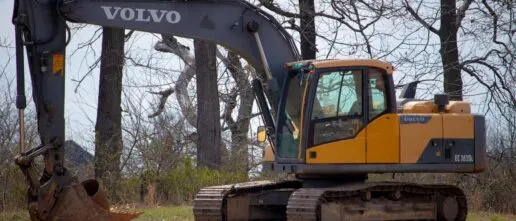There is widespread and growing recognition of the value of biodiversity – its inherent value, its economic value, and its potential value in combatting climate change through Nature-based Solutions (NbS). The Oxford Martin Programme on Biodiversity and Society aims to harness this recognition, and the drive to ‘build back better’ from the COVID-19 pandemic, to support systemic change towards a more sustainable relationship between humanity and our planet, and to mobilise financial resources at scale for its protection and recovery.
Drawing expertise from across the University in ecology, finance and economics, social sciences, human wellbeing, cultural values, AI, machine learning, satellite-based monitoring, and other disciplines and by working closely with stakeholders the programme aims to address wide-ranging challenges to move towards stemming the tide of biodiversity loss, and developing opportunities for biodiversity recovery, globally.
Related Projects

Coordinating Research Around Biodiversity Net Gain
At its heart, BNG frames a challenging question: in a world where new housing, workplaces and other land use needs are deemed essential; is it possible to provide this infrastructure without Nature bearing the brunt of the costs?

Healthy Ecosystem Restoration in Oxfordshire
Developing the local Oxfordshire landscape as a case-study, nature-recovery laboratory and community of practice.
Related Outputs
Social Dimensions of Nature Recovery Across Oxfordshire
Report arising from a workshop highlighting the importance of understanding how land use governance, different systems of knowledge and values, and differences in people’s financial means and access to natural areas shape socio-ecological systems.
Priorities for Healthy Ecosystem Restoration in Oxfordshire
What are the key challenges to nature recovery across Oxfordshire? How can the University work alongside local partners with the aim of making Oxfordshire a model county for nature recovery? What are the priorities where HERO can contribute on a three-year timescale, and what should be the priority for the first year?
HERO Workshop #2 Report: Mapping, Assessment & Tracking of Land Availability & Nature Recovery Activities in Oxfordshire
This second workshop focuses on the second of those priorities: Mapping, assessment and tracking of land availability and nature recovery activities.
An integrated approach to above- and below-ground ecological monitoring for nature-based solutions
As the development of nature-based solutions (NbS) increases globally, it is important to ensure that projects meet the objective of benefiting biodiversity, alongside tackling societal challenges. However, most NbS projects do not directly monitor ecological outcomes, and those that do often focus on a limited set of metrics. It is therefore challenging to assess whether projects fulfil the aim of benefiting biodiversity.
